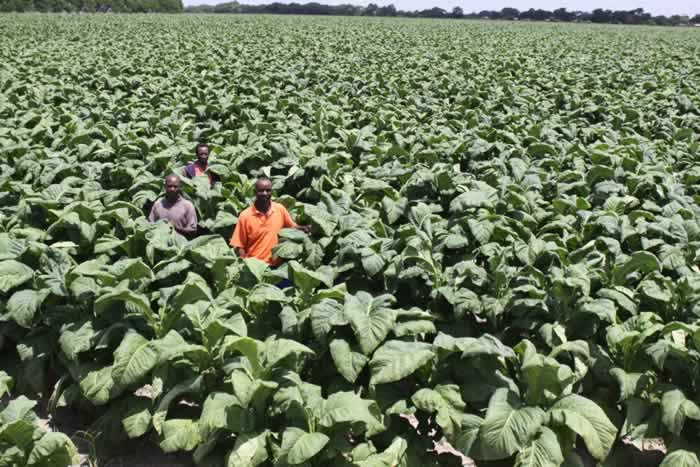Economic growth rate revised to 1,2pc

Business Reporter
FINANCE and Economic Development Minister Patrick Chinamasa has revised the 2016 projected economic growth rate to 1,2 percent from the 2,7 percent that had been forecast earlier for this year.
Presenting the 2016 Mid-Term Fiscal Policy Review Statement yesterday the minister also announced a number of policy measures or interventions that reflect a new thrust towards production, as opposed to consumption, and demonstrates commitment to instilling fiscal discipline.
Minister Chinamasa said the economy is facing major headwinds, which have created challenges for both economy and business activity, but announced a cocktail of measures to boost production and investment across all economic sectors.
He said the revised economic growth target reflects downside risks associated with the impact of the drought on agriculture, with attendant supply challenges along the agro-processing linkage value chain and the depressed international commodity prices, particularly for most minerals.
Minister Chinamasa also cited limited domestic and foreign direct investment associated with Zimbabwe’s debt overhang, growing fiscal deficit, which is impacting on the liquidity of the financial system and on business activity and the overall fall in incomes and the weakening of domestic aggregate demand for slow economic growth.
“The above challenges are undermining performance of our key productive sectors, inclusive of agriculture, mining, manufacturing, tourism, construction and services,” he said.
“As a result, the real economic growth rate, which was targeted for the 2016 National Budget at 2,7 percent, is now projected much lower at 1,2 percent.”
Annual headline inflation remained negative, albeit accelerating from -2,19 percent in January 2016 to -1,4 percent in June 2016. The continued decline in prices was driven by both food and non-food inflation, as demands remains low on account of low disposable incomes.
Annual average inflation for the year is projected to be -0,4 percent, up from -2,4 percent recorded in 2015.
As such, the minister proposed a National Budget of $4 billion for 2016, premised on anticipated revenues of $3,85 billion, and a projected domestic financing gap of $150 million.
Of the total budget, recurrent expenditures were estimated at $3,685 billion, while $315 million was approved for development programmes.
Revenue performance of $1,692 billion during the first half of the year was subdued due to declining momentum in economic activity, but reflects positive gains during the second quarter of 2016.
Minister Chinamasa said efforts to transform the economy will also centre on reducing the civil service wage bill to sustainable levels, as he indicated that public sector employment costs had gobbled 96,8 percent of revenue since the January 2016.
In terms of measures to drive agricultural production Minister Chinamasa said preparations for the forthcoming summer cropping season are already underway and Government, in consultation with the private sector, is working on the respective financing modalities.
The mining sector is projected to register a somewhat modest recovery growth of 13,2 percent in 2016, largely driven by the anticipated growth in gold, platinum group of metals and nickel.
Gold output stood at 10 360kg in the first half of 2016, up from 8 869kg produced during the comparable period in 2015.










Comments